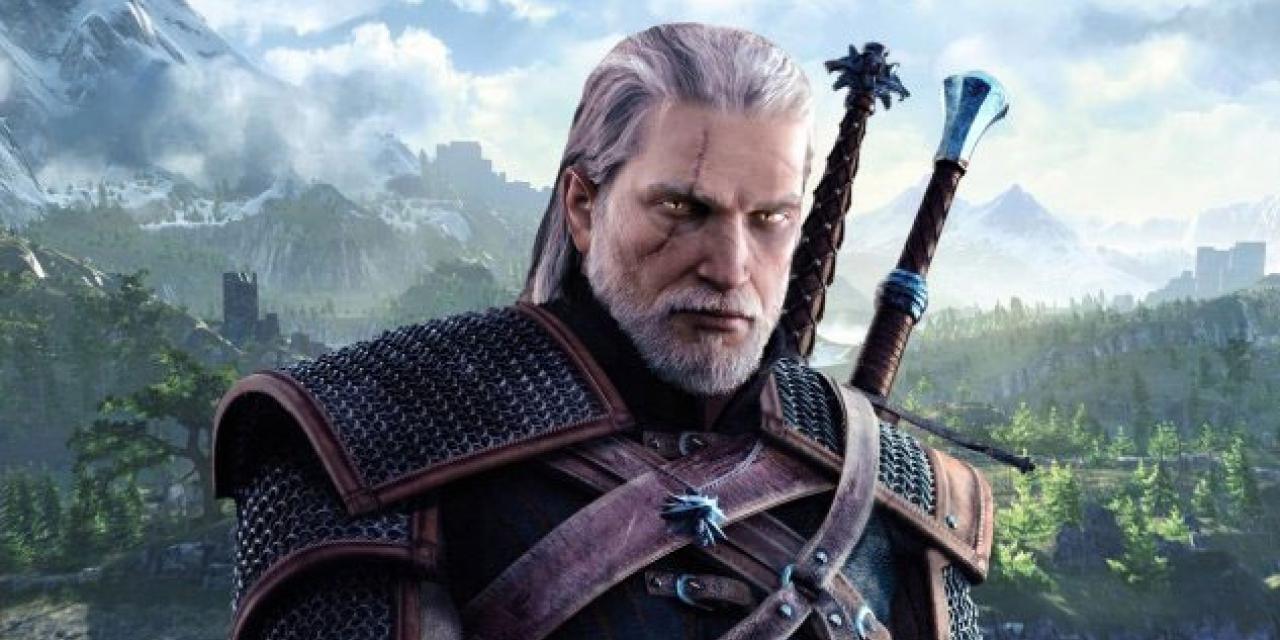
Although the Witcher 3 has been released to almost universal critical and consumer acclaim, its developer, CD Projekt Red has found itself with a small maelstrom related to the obvious graphical downgrade that the game has had since it was originally shown off in 2013.
Of course "Downgrade" is perhaps an unfair term, since when initially shown off the game wasn't even something that could be played outside of that bespoke scenario and setting, but then you have to wonder what it was that the developer thought it was showing off. Was it a 3D rendition of concept art work? If so, shouldn't it at least be sold to consumers that way?
CD Projekt Red is no EA or Ubisoft. It's shown time and again that it's a clear and frank company with its customer base and has always pushed for DRM free experiences and a focus on fun and art over profits. But still many gamers felt betrayed by the Witcher III's aesthetics, as while the game is astoundingly pretty, there are certain scenarios where it looks nothing like the original gameplay trailer.
Perhaps this is merely an aftershock from Watchdogs, which was one of the worst culprits for a visual roll back in recent memory, though there are many guilty parties.
Still, whether you're sore about Watchdogs, or are eagerly awaiting mods that will improve the visual fidelity of Wild Hunt even more, the fact remains that trailers aren't showing us what the final game will look like – especially early ones. This will make us all wiser in the future and will make us less likely to be excited by trailers for games two years or more from release, as we know they won't be the same by the time we get there. But shouldn't we be able to trust marketing materials a little more than this?
Some would say no. Some would say that the whole point of a trailer is to get us to buy the game and nothing more. That's true, but not all of us want to live in such a cynical world that we have to take everything we hear with a pinch of salt.
Others would say that developers should learn from the mistakes of CD Projekt and make sure that game trailers are only released when a game is ready to show off, or if they do release something sooner, it needs to be computer generated or obviously not representative of real gameplay.
One of the biggest suggestions out of this kerfuffle however has been that games the size of the Witcher III should be giving people a chance to play a demo first. That way, even if the publisher or whoever else is responsible for marketing, somehow tricks people into being interested in something, they can try before they by. Potentially even paying within the demo and continuing to play after a set period of time, once they've decided if they like it or not.
Of course this may be an entirely redundant argument. Does it matter if we're lied to by developers in their marketing materials if we can get a refund if we don't like it? Thanks to Steam's newly initiated refund policy, games that aren't played for more than two hours and were purchased less than two weeks before, are eligible for a refund.
Will that solve the problem of wonky trailers?
It seems unlikely. It's perfectly possible that with the Witcher III, people would need to play for more than two hours to run into the areas shown throughout the early trailers to make a fair comparison. But it's something at least.
Chances are, as always, the solution to this issue will be one found in the middle. Most probably, gamers will be a bit more savvy about trailers going forward and will reserve judgement and hype a little more than they did before the latest Witcher game was released. On top of that, developers may be more coy with early development releases going forward. If a company like CD Projekt can have its fan base turn on it so swiftly, others certainly can.
Hopefully it will at least lead developers to trust in their game a little more. As much as the original trailer from Wild Hunt was astounding to look at, so is the final game. If anything, pumping up trailers with post processing and movie-like visual effects just makes the final product look lacklustre in comparison, rather than a feat of visual engineering and world building.
That's what a lot of developers seem to miss, we already want to be hyped about the awesome games they're making. They're awesome.
We really don't need them to try as hard as they do. Make a sweet looking game and take some video of someone doing normal things in it and we'll be impressed. Yes having some sort of cohesive action or a good point for a fade out is important, but we don't need to see aesthetics that cannot possibly be achieved on hardware two to three years from the trailer. It just detracts from the final, polished product.
Part of the reason the original Half Life was so pioneering, was because it told the story within the game without any pre-rendering. Do the same with marketing materials and people will love you for it.
Or at least not hate you for lying.
